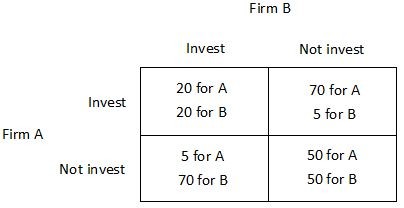When the demand for an imperfect competitor's product is greater than it planned, the firm will
A) increase the price of the product until supply equals demand.
B) meet the demand at its set price.
C) reduce the price until supply equals demand.
D) allow a shortage of the product to develop, without changing the product's price.
B
You might also like to view...
You have noticed that there is a persistent shortage of teachers in an inner-city school district in your state. Based on this observation, you suspect that:
A. the wage for teachers in that district is lower than the equilibrium wage. B. the demand for teachers in the inner-city school district is too low. C. there is an excess supply of teachers in other districts. D. the wage for teachers in that district is higher than the wage in other districts.
The smallest productivity gains from colonial shipping were from:
a. shorter layover times in ports. b. lower insurance rates. c. the increased speed of the ships. d. fewer wars.
A decrease in demand, with supply constant, results in a(n)
a. increase in equilibrium price and a decrease in equilibrium quantity b. decrease in equilibrium price and a decrease in equilibrium quantity c. increase in equilibrium price and an increase in equilibrium quantity d. increase in equilibrium price and an ambiguous effect on equilibrium quantity e. decrease in supply
The payoff matrix below shows the payoffs (in millions of dollars) for two firms, A and B, for two different strategies, investing in new capital or not investing in new capital. Firm A's dominant strategy is to ________, and Firm B's dominant strategy is to ________.
Firm A's dominant strategy is to ________, and Firm B's dominant strategy is to ________.
A. not invest; not invest B. not invest; invest C. invest; invest D. invest; not invest